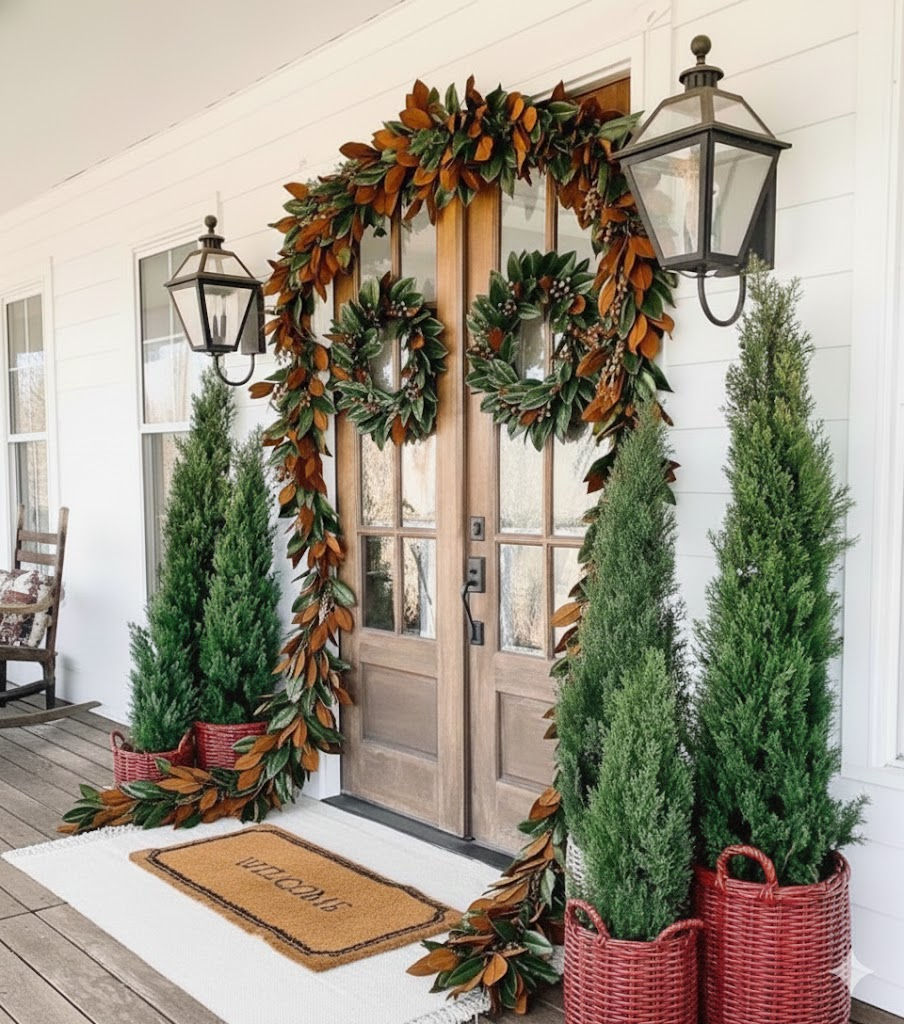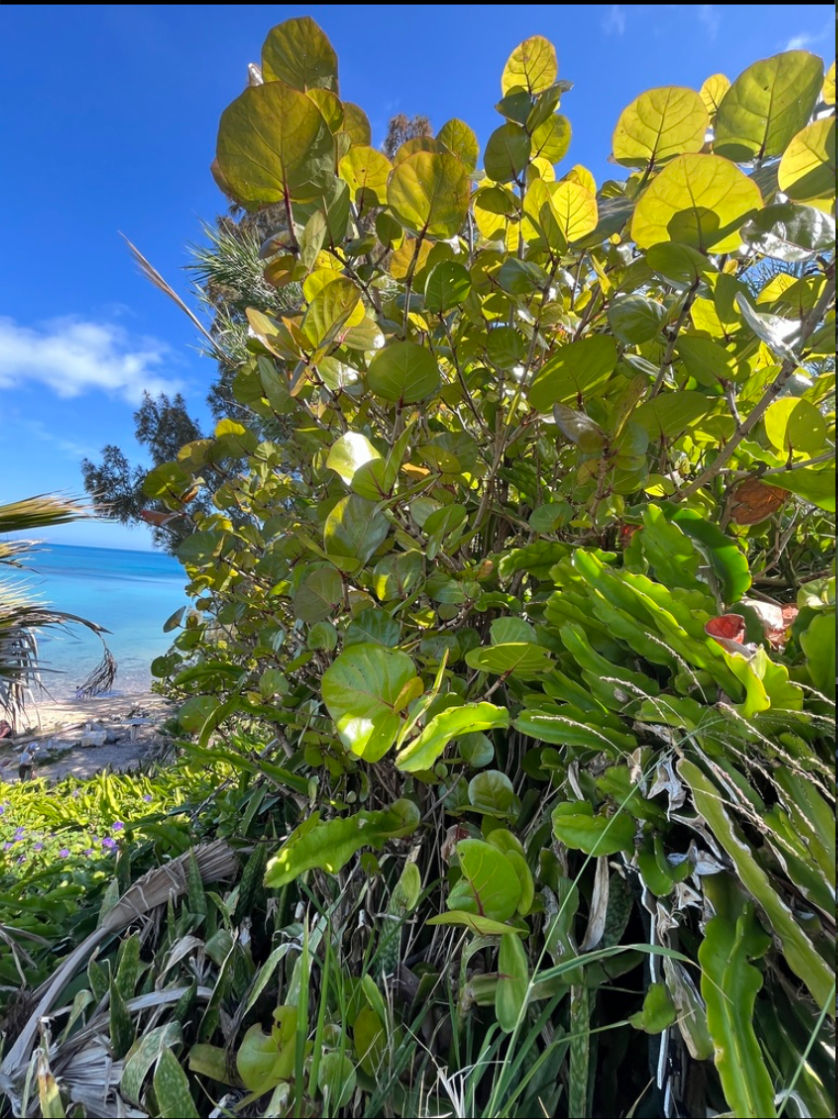General Information
Status in Florida: Native
Native Habitat: Wet flatwoods, moist meadows, bogs, pine savannas, ditches
Native States: FL, GA, AL, MS, SC, NC, TX, LA
Growing Zones: 8–11
Size at Maturity: 1–2 feet tall, 1–2 feet wide
Phenology: Winter dormant
Life Cycle: Perennial
Growth Rate: Moderate
Growth Habit: Clumping, herbaceous
Bloom Season: Late spring through summer
Bloom Color: White (modified bracts), actual flowers are inconspicuous and brownish
Growth Conditions
Sunlight Requirements: Full-Part
Soil Texture: Sand, loam, muck
Soil pH: Slightly acidic to neutral
Moisture Requirements: Moist, wet
Tolerance to Salt Spray: Low/None
Keystone Plant: No
Landscape Considerations
Recommended Landscape Uses: Rain gardens, wetland edges, ornamental grass-like accent, naturalistic gardens
Maintenance Tips: Tidy by cutting back after bloom season; prefers consistently moist conditions
Considerations: May reseed in ideal conditions; striking appearance due to white bracts
Hurricane Wind Resistant: Yes
Erosion Control: Yes
Nitrogen Fixing: No
Other Information
Edible: No
Pet Safe: Yes
Deer and Rabbit Resistance: Yes
Historical Medicinal Uses: None widely documented
Florida Native Companion Plant: Blue-eyed Grass, Swamp Milkweed, Pickerelweed
Wildlife Benefit: Attracts pollinators, provides cover for small insects
Caterpillar Host Plant: No
top of page
Amelia's Native Wildflowers, LLC | Nassau County's Native Plant Nursery
Free Shipping on orders over $85 | COUPON CODE: WREATHS |
$10.00Price
Sales Tax Included |
Out of Stock
Customers Also View
Your content has been submitted
Your content has been submitted
Your content has been submitted
Your content has been submitted
bottom of page































